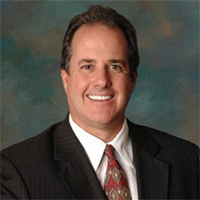Clay Center Divorce & Family Law Lawyer, Ohio
Martin J. McManus
✓ VERIFIEDAccident & Injury, Criminal, Traffic, Divorce & Family Law, Estate
Martin J. McManus, a third generation attorney, has long been dedicated to the practice of personal injury, wrongful death, car accident, medical malp... (more)
Daniel F Zigray
Estate Planning, Guardianships & Conservatorships, Litigation, Wills & Probate
Status: In Good Standing
Stephen Ernest Cottrell
Family Law, Criminal, Corporate, Medical Malpractice
Status: In Good Standing Licensed: 51 Years
Brett Allan Klimkowsky
Agriculture, Juvenile Law, Family Law, Criminal
Status: In Good Standing Licensed: 12 Years
Lorin Jay Zaner
Criminal, Personal Injury, Divorce & Family Law
Status: In Good Standing Licensed: 49 Years
Kati E. Tharp
Criminal, Motor Vehicle, Juvenile Law, Divorce & Family Law, Estate
Status: In Good Standing Licensed: 11 Years
FREE CONSULTATION
CONTACTJane Frances Bihn
Estate, Family Law, Corporate, Bankruptcy
Status: In Good Standing Licensed: 42 Years
Joseph W. Westmeyer
Transportation & Shipping, Wills & Probate, Family Law, Personal Injury, Bankruptcy
Status: In Good Standing
Amy E. Stoner
Premises Liability, Family Law, Antitrust, Wrongful Death
Status: In Good Standing Licensed: 24 Years
J. Randall Engwert
Litigation, Health Care Other, Family Law, Personal Injury
Status: In Good Standing


